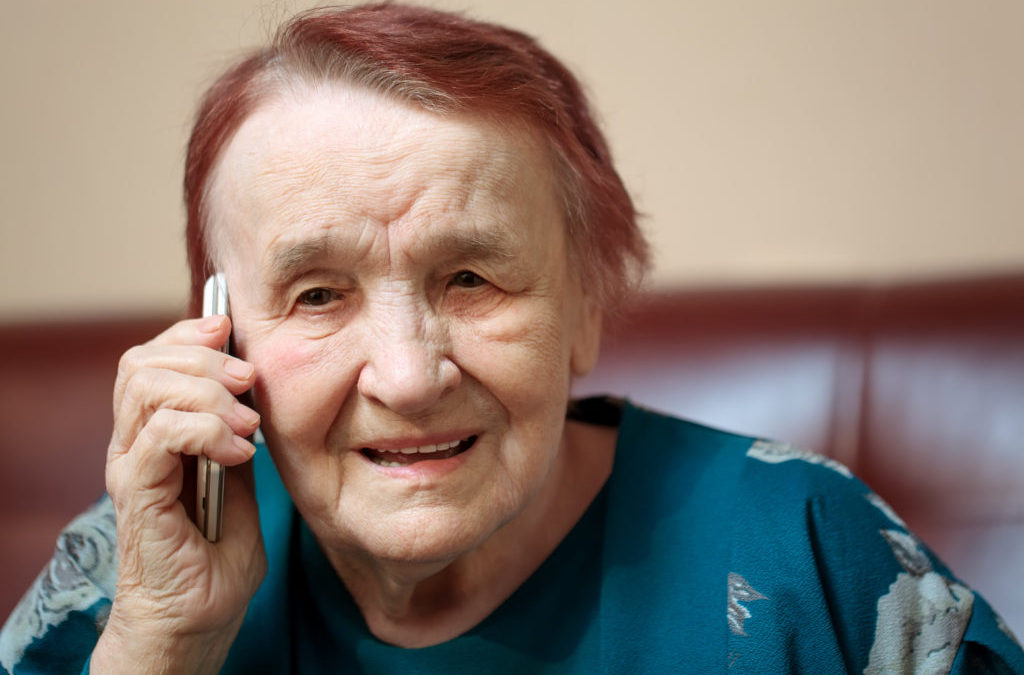Clients Without Family: Financial Planning With “Elder Orphans”
Every financial advisor will eventually come across an aging client who is essentially alone in the world. The elder may be single, widowed, or otherwise without a partner. Some are members of the LGBTQ community and never had children. Others were childless, or have lost children and significant others in their long lifetimes. The end result is that the usual support systems that exist for others are not available to these clients when they may need support the most.
Some refer to these elders who are alone with no family as “elder orphans”.
Heidi is an example. She has a financial advisor who has worked with her over decades. He referred her for advice, which she wanted and I visited her at home. She is 90 and lives alone in her own house, which she owns outright. She has a modest portfolio and is comfortable. She was widowed 20 years ago and she has no children, nor any relatives in the U.S. She relies on her best friend and neighbor when she needs help. This need is increasing now that her vision is impaired. When I spoke with Heidi I asked her about her one best friend. She mentioned that this neighbor is 86, but is “doing pretty well”. Heidi had recently fallen twice in her home, but fortunately escaped serious injury from those falls.
Heidi has a will and a trust, power of attorney and healthcare directive. The appointed person on those documents is her cousin who lives in another country. If an emergency occurs, it is not at all clear who would be available to assist her.
This situation is a disaster waiting to happen. The risk of another fall, vision problems that will likely prevent her from driving, and the age-related risks to her friend the 86 year old who could also become disabled or unavailable are all looming. I ask if her financial advisor has discussed the future with her, possible other living arrangements, a local person for a healthcare agent and what to do when she can no longer drive. “No” she replies, “we’ve never gotten into that”.
I urged Heidi to contact her financial advisor right away so plans could be made and her safety assured. She also needed to speak with her estate planning attorney to update her documents, ensuring that an appointed local person had authority to assist in any crisis or if Heidi loses independence. She is close to needing help now.
Think about your book of business and whether you have any “elder orphans” in it. If so, there are things any responsible advisor should address with such clients. Here are three essentials for every advisor’s discussion.
- First, the legal documents. The advisor can get permission from the client to contact the estate planning attorney and find out what plans exist for an appointed person to step in and take over the reins when or if the client becomes impaired. a local appointee is critical. Someone has to be able to make financial decisions if the client loses the ability to make them independently.
- Next, alternative living arrangements. A 90 year old with impaired vision who has fallen at home may need to consider options of where to live with help available onsite. The financial advisor knows what assets are available to pay for a choice such as assisted living. The advisor should bring this up and ask the client about what he or she wants.
- The need for a local appointed person to be not only the advisor’s trusted contact, but your client’s person to reach in the event of an emergency. An appointee in another country is not going to be of immediate help. Explore other choices.
The advisor needs to expand the limits of the usual role of simply managing the money with elder clients who do not have any family. To keep you on track and aware of the special planning these aging investors need, get your free checklist of points to address at AgingInvestor.com. With it, you can be sure of what you need to cover in your planning conversations with you “elder orphan” clients. Download Your Advisor’s Seven Point Checklist— Best Planning For Aging Clients With No Family now so you can excel in appropriate future planning.
Carolyn Rosenblatt, RN, Attorney, AgingInvestor.com

